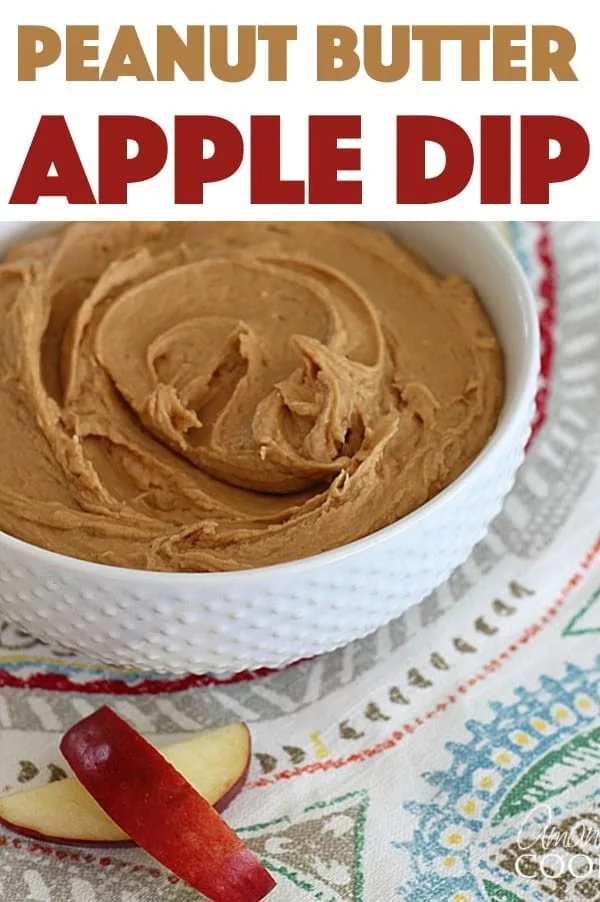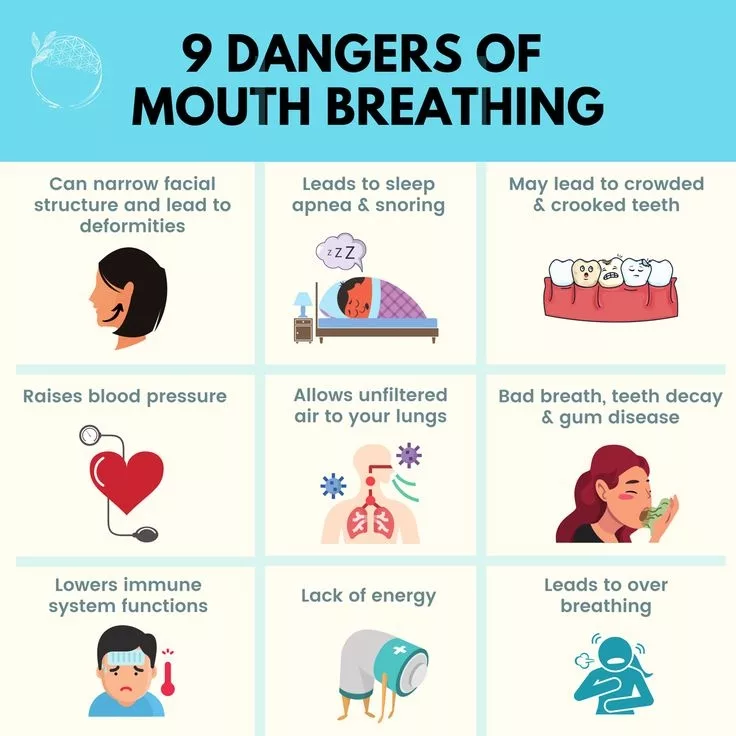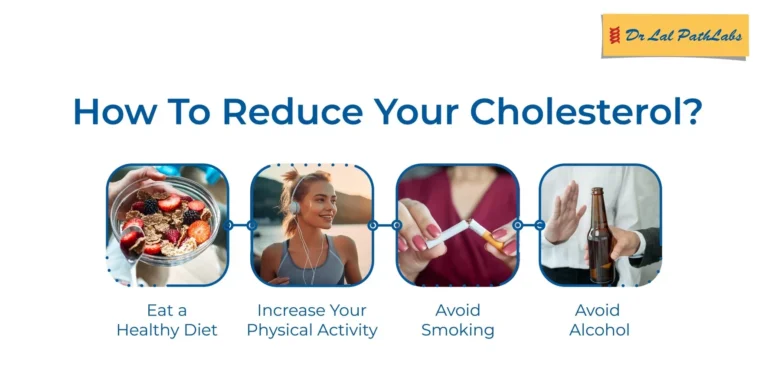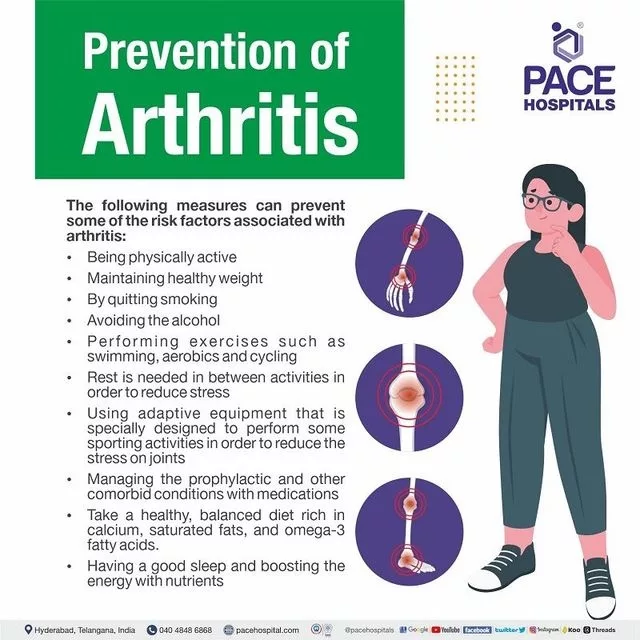Food Combinations That Threaten Your Health: What Not to Eat with Milk
Today, we’re going to talk about foods that shouldn’t be consumed with milk, which we often drink in our daily lives. Let’s explore these combinations that can threaten our health together!

Introduction: Understanding Food Combinations That Threaten Your Health
Food has a significant impact on our health. Proper food combinations can facilitate nutrient absorption and digestion, while incorrect combinations can cause digestive issues and threaten health. In this article, we will specifically look at foods that shouldn’t be consumed with milk.
Milk Digestion Process and the Role of Lactose
Milk is a common food item for many people. However, digesting milk is not easy for everyone. Milk digestion involves breaking down a sugar called lactose. If someone is deficient in or lacks the enzyme lactase, which breaks down lactose, they may have difficulty digesting milk.
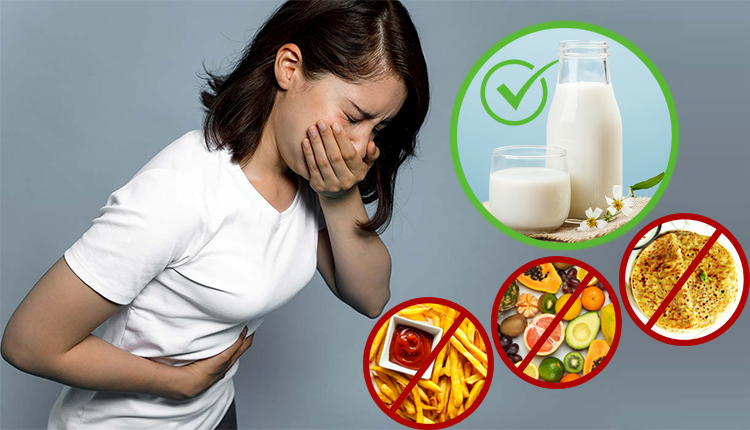
Fruits That Shouldn’t Be Consumed with Milk
There are fruits that can cause digestive issues when consumed with milk. For instance, eating pineapple with milk can lead to indigestion and gas formation. Similarly, consuming milk with citrus fruits like oranges can cause digestive disturbances due to the clash with stomach acid.
Protein Sources to Avoid: Unfavorable Combinations with Milk
Protein is an essential part of a healthy diet. However, some protein sources can cause digestive issues when consumed with milk. For example, eating meat with milk can prolong digestion time and reduce digestive efficiency. Likewise, consuming milk with beans can also cause digestive problems.
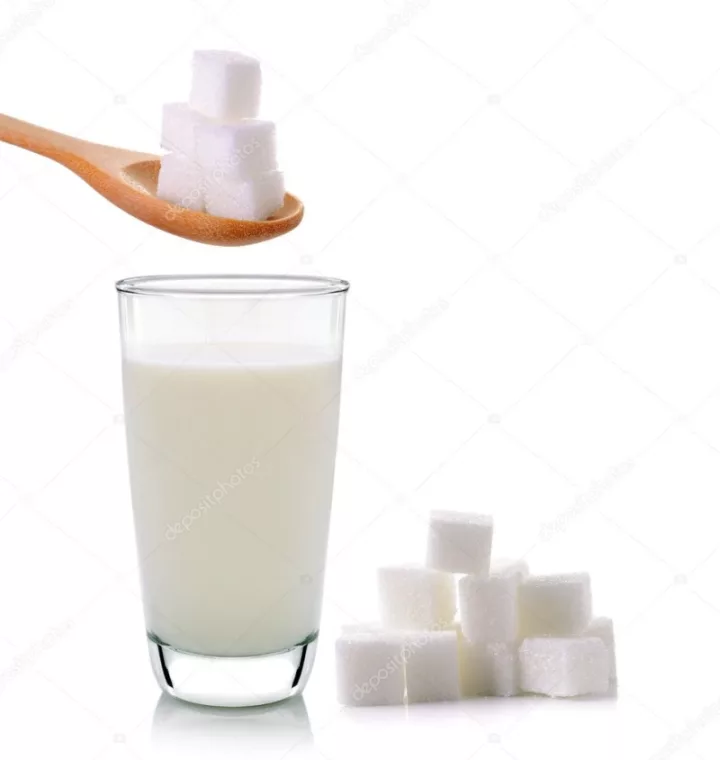
Understanding Harmful Carbohydrate Combinations with Milk
Carbohydrates are a primary source of energy. However, some carbohydrates can cause digestive issues when consumed with milk. For example, eating fruits with milk can lead to digestive disturbances and blood sugar fluctuations due to excessive sugar intake. Similarly, consuming milk with grains can also cause digestive issues.
Spices and Seasonings: Milk Combinations to Watch Out For
Spices and seasonings add rich flavor to food. However, some spices and seasonings can cause digestive issues when consumed with milk. For instance, eating curry with milk can lead to digestive disturbances and gas formation. Similarly, using mayonnaise with milk can also cause digestive problems.
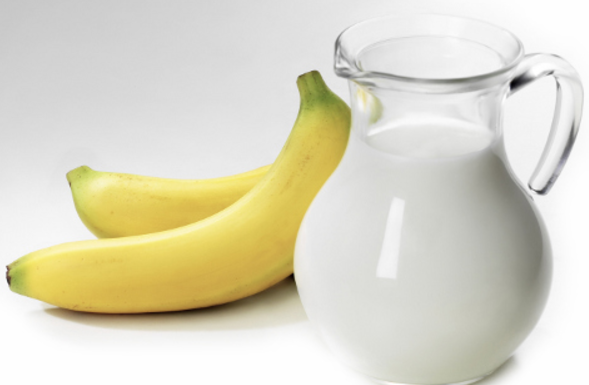
Foods That Cause Cross-Reactions with Milk Consumption
Some people may have allergic reactions to certain foods. There are foods that can exacerbate allergic reactions when consumed with milk. For example, eating nuts with milk can increase allergic reactions. Similarly, consuming milk with eggs can also trigger allergic reactions.
Inappropriate Beverages with Milk: Choices for Health
Beverages play an important role in our daily lives. However, some beverages can cause digestive issues when consumed with milk. For instance, adding milk to coffee or tea can cause digestive problems due to the combination of caffeine and milk. Similarly, drinking carbonated beverages with milk can also lead to digestive issues.

For healthy digestion, proper food combinations are necessary. It’s important to avoid foods that shouldn’t be eaten with milk and choose the right combinations to facilitate smooth digestion. For example, instead of eating nuts with milk, you can choose almond milk as a substitute. Additionally, yogurt or fruits are good choices to consume with milk.
Conclusion: Recommendations and Tips for a Safe Meal Plan
For a safe meal plan, it’s important to avoid foods that shouldn’t be eaten with milk. Pay attention to food combinations to prevent digestive issues and strive to choose the right food combinations. Consider various options to promote healthy digestion and plan your meals according to your dietary needs.
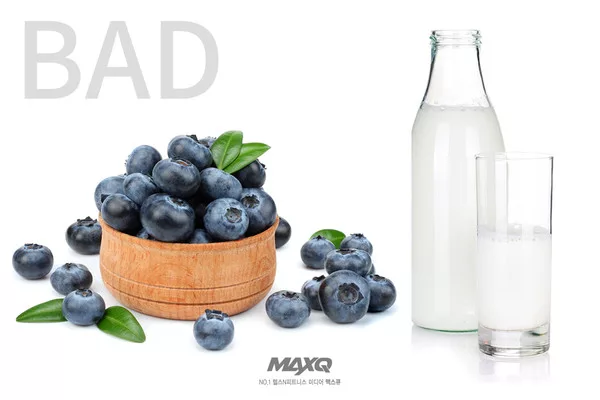
Based on the content discussed in this article, think about what choices you will make for a healthy diet. With proper food combinations, you can help facilitate smooth digestion and enjoy a healthy life.


